Christmas is vital for all parts of the food sector, but nowhere more so than hospitality. Even in the best of times, many restaurants rely on the money generated during the Christmas season to fuel them through the dark and quiet months of the new year. In 2021, having endured closure for much of the past two years, this income is needed more than ever.
The emergence of the Omicron Covid variant is therefore especially worrying news for hospitality. While we are still a long way from British pubs, bars, and restaurants having to close completely, some are now reporting cancellations amid concerns over the new variant.
So far, these cancellations seem the exception, rather than the rule. But they will presumably quickly mount if the worst news does emerge regarding Omicron’s threat to health.
Until now, hospitality’s loss from Covid has largely been supermarkets’ gain. Retail sales have soared throughout the pandemic and while these have been somewhat offset by greater costs, most supermarkets are in a healthier position than they were two years ago.
This time, however, supermarkets will also be watching on nervously. While the odd shopper opting for a dine-in deal instead of a night at the pub shouldn’t be too problematic, mass cancellations – or, God forbid, another pre-Christmas lockdown – could place a dangerous strain on retail supply chains in the final build-up to Christmas.
The driver shortage has eased significantly, and most businesses report haulage is now much easier to find than a few months ago, but a lack of warehouse staff continues to cause headaches across the country.
Supermarkets have already been forced to adopt reduced volumes to help manage the situation, so if demand suddenly surges as a result of more people staying at home, it is unclear if or how the supply chain can react. As Lidl’s outgoing GB CEO Christian Härtnagel said last week: “There are no buffers left.”



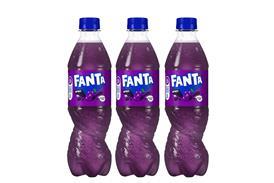




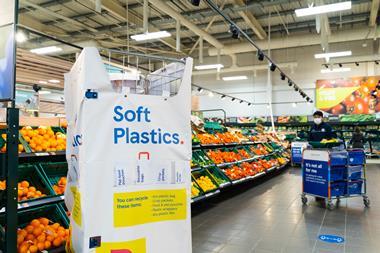
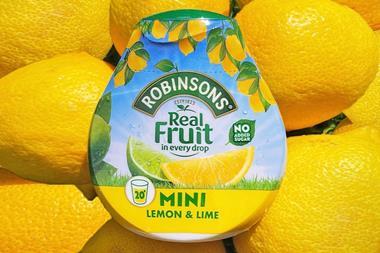
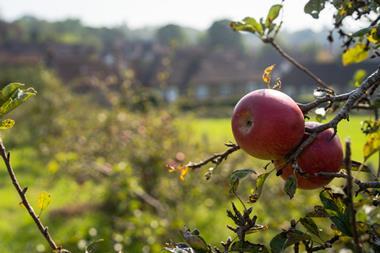
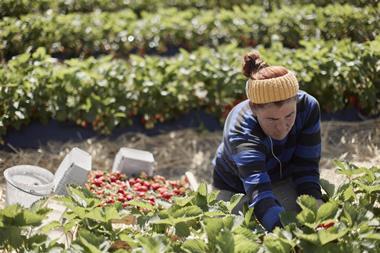
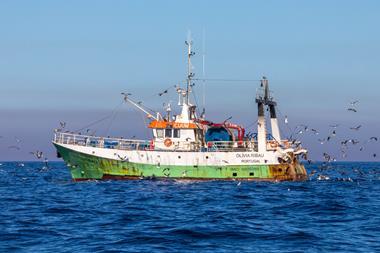







No comments yet